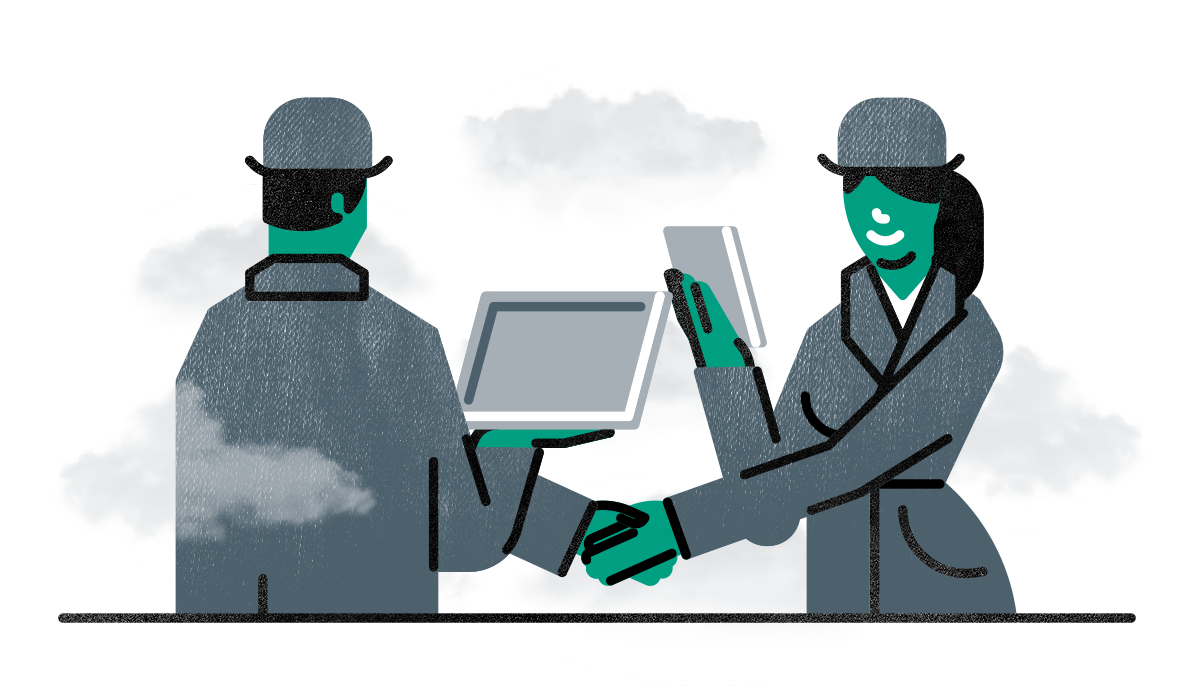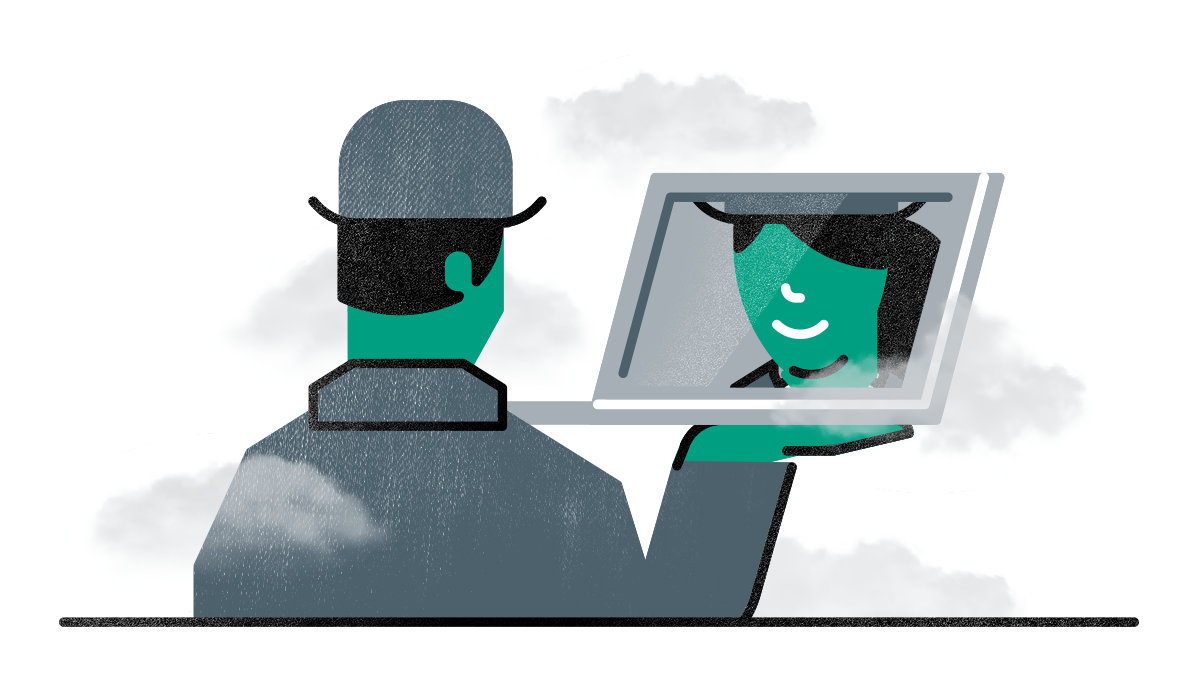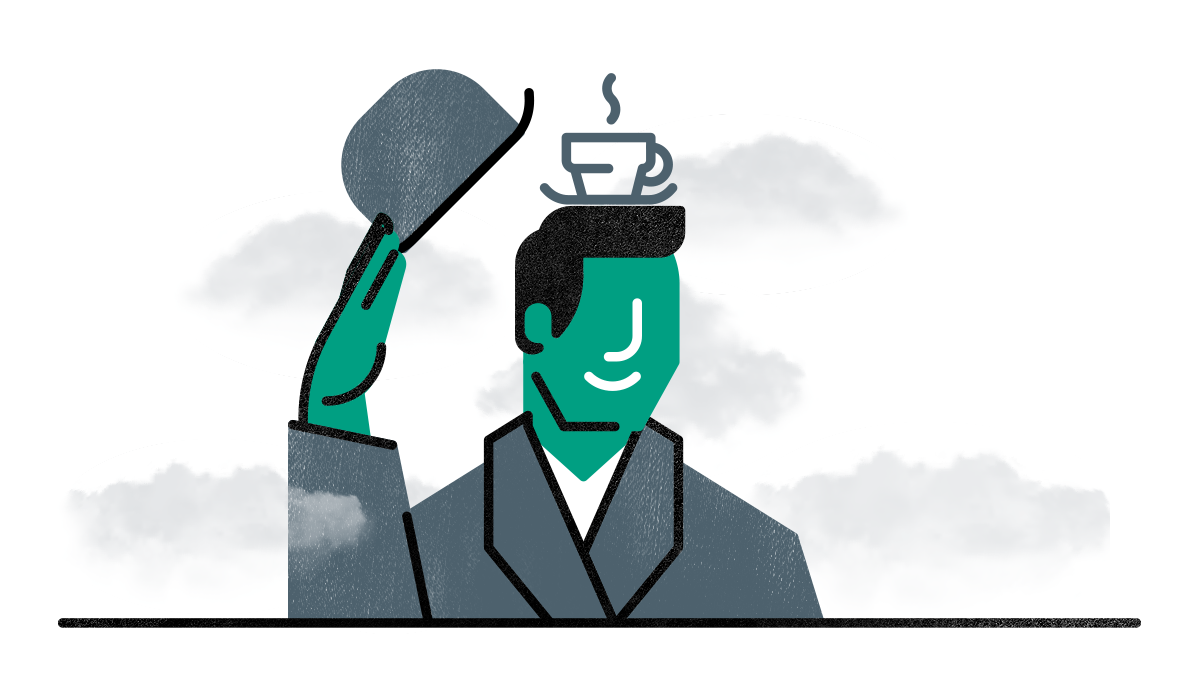a session with a difference
There’s great news if you missed Ceci n’est pas un webinar 2! Due to its success we’re already planning the next edition. After all, as promised, it was a webinar with a difference, with some unexpected laughs - thanks to our visiting laughter coach - and some inspiring and unexpected take outs. We were joined by some new faces – Jan Zwang from Vodafone Ziggo NL, Erlend Debast from Bio Minerals and Charlotte Dieltjens from Telenet, and we covered some surprising topics, in which Haystack went beyond its market research traditions to take a much wider look at today’s environment, including frameworks and processes. In doing so, we put the digital world to rights, and even unearthed some unexpected benefits of the Covid crisis.

Goodbye digital transformation, hello digital normalization
Whatever course corona takes, it was clear that some digital and remote initiatives are here to stay. All kinds of benefits are being discovered and new norms are being established:
For example, Bio Minerals now demand thorough remote facilitation capabilities from selected partners. At Vodafone, the entire team has been trained to use digital collaboration tools, such as Mural. Some panellists are finding that today’s fully digital environment allows them to be more inclusive. “We can now include teams in our streams that we never thought would be possible for logistical or cost reasons (sales teams, people from other timezones,…)”.
For others, the new digital world gives research opportunities that were previously unimaginable:
“We’ve organised a ‘meet the customer’ event - including about 60 marketeers in one single session.”
However, how sustainable is the new normal?
Some tools & processes are clearly being enhanced by the new context, while others are over-digitised. In this period of ‘forced digitisation’ we are testing and discovering the boundaries. The general conclusion? That while most things can be managed remotely, some tracks are much harder to achieve satisfactorily in a fully digital environment. It’s about nuancing what can be done fully remotely and what cannot. We must seek the right balance. So there’s an interesting exercise ahead for us all - to select which processes & tools to keep and which to get rid of as soon as possible (along with corona!).
The consensus among our panellists was that they would actually keep more in the future than they would get rid of. In our particular sector, certain typical tracks, such as branding & design, are very emotional. We are finding that it’s hard to make ‘sense’ of how people really feel during a remote workshop. Although individual follow-up calls can help in getting a grip on emotional elements and revealing true feelings, real one-to-one moments remain very valuable, and are proving more challenging in times of corona.
Covid-19 is not only driving connectivity in the business context. For consumers too, the need for connectivity has become more pressing. Remote working and remote schooling have forced everyone, including the less fortunate, to become more ‘digital’. In the light of this, Telenet is now collaborating with social services to help ensure that connectivity and internet access become a basic need and right. Vodafone is supporting schools in a similar process. Meanwhile, Bio Minerals is about to pioneer teleconsultations & remote coaching, which is a very exciting step.

A great moment for consumer closeness and continuous learning loops
Other exciting steps can be witnessed thanks to today’s growing agility. Telenet’s service design team has always evangelized involving the consumer not only from the beginning, but also throughout the product development process. However, since corona they have become more agile, moving away from large-scale research projects towards smaller, but set moments with their consumers. The agile way of working that was already underway at Vodafone Ziggo has accelerated in recent months as well. Their new tools, such as dashboards, are a great help. Static reports are a thing of the past, and insights are now unlocked in a click thanks to accessible and interactive dashboards.
Meanwhile, for Bio Minerals, digitisation has unlocked new agility in qualitative research. They’ve never done as many sessions as now! Research sessions are easier to conduct and at a better value than they were before. Qualitative insights are packed into such iterative moments. Consumers now consider it quite ‘normal’ to talk to a screen, which is a big change compared to life before. Before the Covid-19 period, qualitative & quantitative tests were often restricted due to excessive travel costs.
“We’re iterating more and faster than ever, at a lower cost.”
During this period Bio Minerals have also discovered that the different departments in the company work in a similar agile way. They used to think that agile concepting in an R&D context would not be feasible, but the processes are actually very similar to the UX & Marketing teams: define assumptions, develop the product, run clinical trials and iterate and start again. In doing so they’ve revealed the true meaning of agile: “In fact, it’s just a fancy word to say that you’re going to validate as quickly as you can.”

Some tip & tricks along the way
Charlotte @Telenet: If you can’t have a chat with your colleagues over the coffee machine - one good way to find inspiration is to try out services and products from other companies. We’ve started sharing these types of experiences with our team members.
Jan @Vodafone: We schedule these end-of-day meetings with the team where we discuss anything from what people have seen on Netflix, to our own experiences of being a customer. We really try to learn from other business models, even in adjacent sectors, that are emerging in this period.
“Instead of adding new books to my wishlist, I’d started reading my wishlist” (Erlend)
“I’ve rediscovered cooking” (Charlotte)
“Take Away/Home Delivery solutions”(Jan)
And perhaps the best tip of all? Don’t miss the next Ceci n’est pas un webinar!
